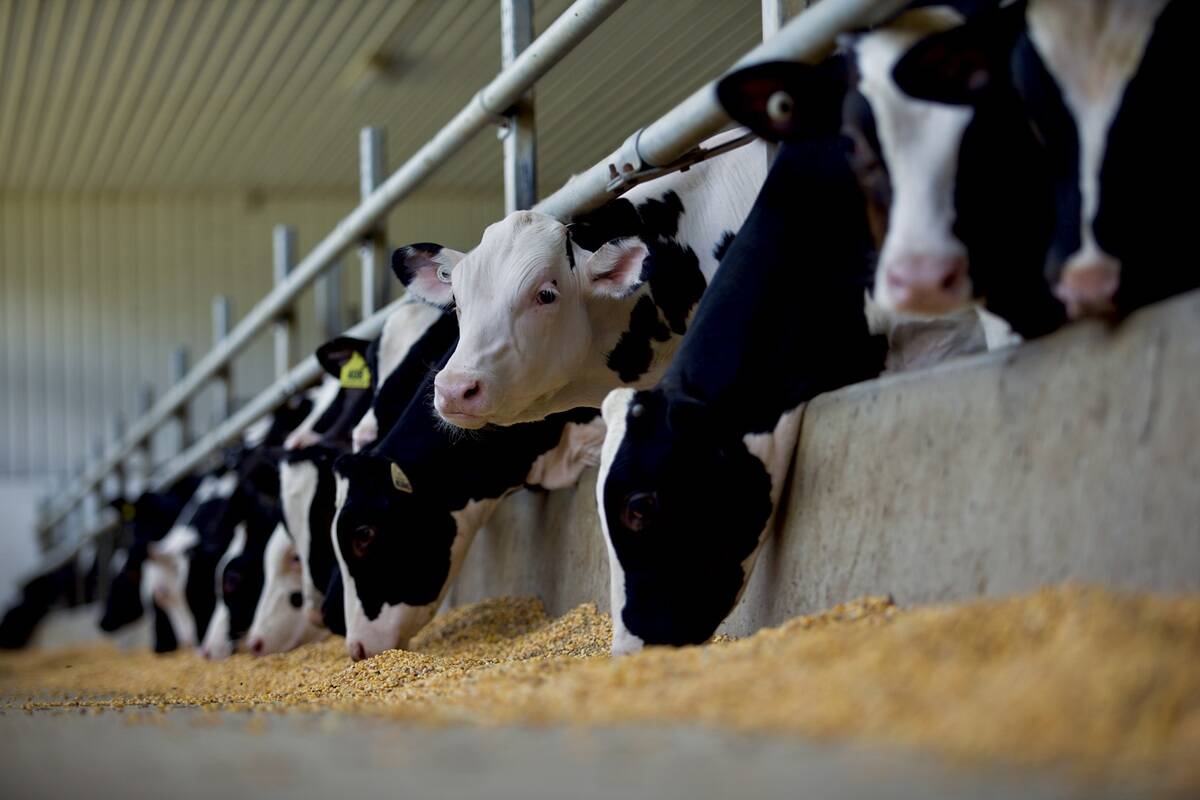Glencore’s plan to sell 232 agri-retail facilities to Agrium, should its acquisition of Viterra be approved, has been flagged for concern in an independent analysis of the deal done for the province.
Agriculture minister Bob Bjornerud released the Informa Economics report today.
He said the report highlights positive and negative aspects of the deal. As a result, the province wants the federal government to put conditions in place to hold Glencore to its commitments if it approves the transaction.
“Glencore has a significant global network that will serve as a market for Saskatchewan farmers and a vehicle for increased economic growth in the province,” Bjornerud said. “At the same time, we need to ensure there is no adverse effect on competition in farm inputs.”
Read Also

Confusion cleared on Canadian calf import changes
A Canadian Food Inspection Agency (CFIA) announcement on import regulations for feeder calves caused some confusion on the administrative side of Canada’s cattle industry earlier this month
Although the number of farm input outlets won’t change, the study expressed concern about Agrium’s ability to put pressure on nitrogen prices.
“What will change in a material way is the degree of vertical integration in the crop nutrients sector if Agrium adds the largest retail input sales network to its existing production facilities and the minority interest it is acquiring in Canadian Fertilizer Ltd.,” said the report.
It notes Viterra’s share of retail crop input facilities was 37 percent in the province. After a completed transaction, Agrium’s share would be 42 percent.
However, at the wholesale level, Agrium would own 53 percent of Canadian ammonia capacity and 49 percent of urea production capacity.
The federal Competition Bureau’s criteria suggest more detailed investigations are necessary when a single company has a market share of more than 35 percent.
The report also noted that Agrium operates its wholesale and retail businesses separately, and there is no evidence the company intends to change this practice to affect prices.
The analysis found no negative impact on competition in the grain handling market and that Glencore’s plan to sell elevators to Richardson would enhance competition.
It noted that any job loss is likely to take place at Glencore’s Regina head office, formerly Viterra’s office, although several high-paying jobs would move back to Regina from Calgary after the takeover.
The report said aside from the potential negative of Agrium’s market power, farmers should benefit.
“On balance, Saskatchewan farmers are likely to benefit from future industry developments due to a combination of factors: access to Glencore’s superior global network, enhanced competition due to the divestiture to Richardson and the effects of the ending of the CWB monopoly,” it said.
Glencore’s intention to spend $100 million on capital projects is also seen as a positive. It will solidify Saskatchewan’s position and bolster its reputation in the grain industry and as a positive place to invest.















